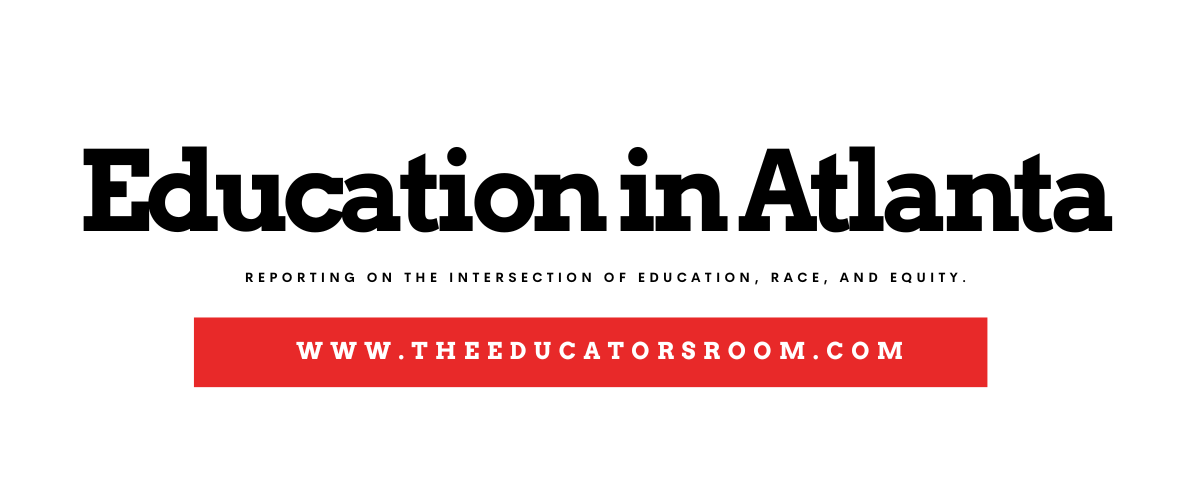Overview:
The Cobb County Schools District is the subject of a complaint alleging the district creating a hostile environment that includes censoring books and materials.
Yesterday, the National Women’s Law Center (NWLC) filed two complaints with the U.S. Department of Education’s Office for Civil Rights (OCR), urging an investigation into Cobb County School District and Florida’s Collier County Public School District for creating a hostile environment for students through practices that include censoring books and learning materials that feature, tell the stories of, or are written by LGBTQIA+ people and people of color.
In a press release, the NWLC’s complaints allege the school districts violated Title IX of the Education Amendments of 1972 and Title VI of the Civil Rights Act of 1964.
“Across our races and backgrounds, Georgians want our young people to have the freedom to learn, to be themselves, and to grow up safe. Censorship of books sends a message to students of color and LGBTQIA+ students that they do not belong, that they are not safe to be who they are, and that they do not deserve to be reflected in what they read and learn,” said Melody Oliphant, Executive Director of the Georgia Youth Justice Coalition, a grassroots, student-led organization advocating for LGBTQIA+ youth and youth of color. “As a result of Cobb County School District targeting books and stories about race, racism, and LGBTQIA+ identity, students feel unwelcome and under attack by their school district.”
The allegations against these school districts have also disciplined some teachers for giving students access to inclusive books, intimidating teachers into censoring the books they assign and the lessons they teach.
In addition, the complaint alleges these bans have directly contributed to a hostile environment for LGBTQIA+ students and students of color by making these students feel targeted, unwelcome, and unsafe at school by suggesting that their identities and experiences are inappropriate or unacceptable.
“These bans make us feel like our identities are invalidated, and like the school board does not view us as equals,” said a Cobb County high school student who did not want to provide their name in fear of retaliation. “And the school board banning books hasn’t just negated our identities, but it has created fear in all students — especially Black, brown, and LGBTQIA+ students — that they are not safe to go to school every day.”
The recommendations focused on the bigger trends of censorships across the country since COVID-19. According to PEN America, during the 2022–23 school year, from July 1, 2022, to June 31, 2023, PEN America recorded 3,362 instances of 1,557 unique book bans in US public school classrooms and libraries.
“As students have bravely recounted, these bans are part of a pattern of behavior by district leadership that make schools hostile places for them, especially students of color and LGBTQIA+ students. We urge OCR to take swift action and require Cobb County and Collier County to address the hostile educational environment that they have created by targeting the removal of these books. All students should have access to a safe and supportive educational environment, which means ensuring they get to see themselves reflected in what they read and learn,” said Josia Klein, Counsel for Education & Workplace Justice at the National Women’s Law Center.
Among the recommendations in the complaints, NWLC asks OCR to require the school districts to:
- Restore all books that were banned because they feature people of color or LGBTQIA+ people or discuss race or LGBTQIA+ identity.
- Refrain from removing any books in the future because they feature people of color or LGBTQIA+ people or discuss race or LGBTQIA+ identity.
- Clarify in school district mission statements and policies that they value diversity and are committed to ensuring safe, inclusive, and supportive campuses free from discrimination.
- Ensure students understand how to report incidents of harassment and discrimination with their schools and with OCR.
- Rectify their policies and practices contributing to a hostile environment for students of color and LGBTQIA+ students through recommendations listed in the complaints.

